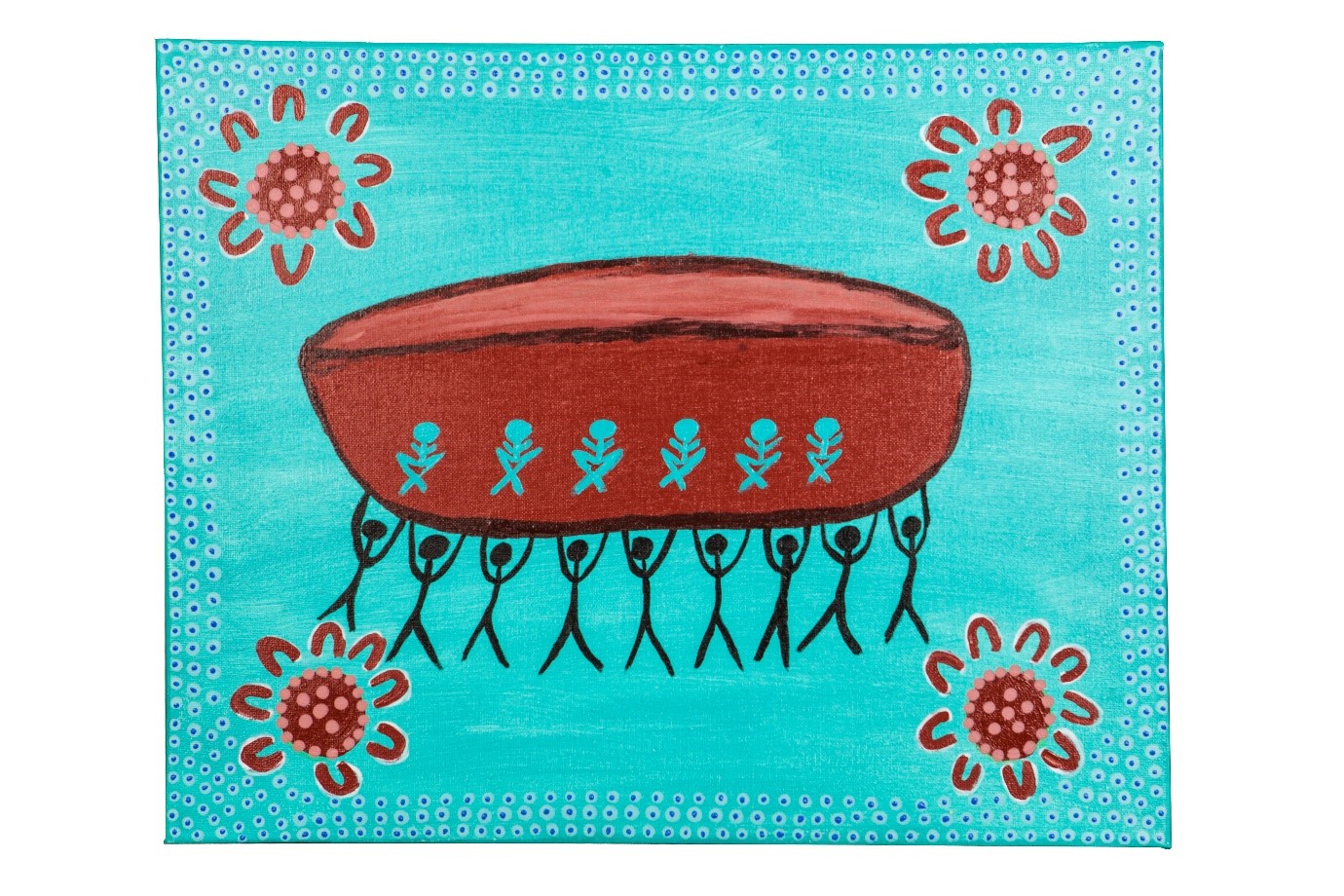Search
Research
Rio Tinto Child Health Partnership Final ReportIn 2002, the Founding Director of The Kids for Child Health Research, Professor Fiona Stanley, approached Rio Tinto Ltd about the possibility...
Research
Diverging trends for lower respiratory infections in non-Aboriginal and Aboriginal childrenTo investigate temporal trends in admission rates for acute lower respiratory infections (ALRI) in a total population birth cohort of non-Aboriginal and...
Research
Interpretation of recent sudden infant death syndrome rates in Western AustraliaData for recent years show a shift away from a classification of 'SIDS' towards a classification of 'unascertainable', particularly for Aboriginal infants.

Research
Ngulluk Koolunga Ngulluk Koort (Our Children, Our Heart) ProgramBrings the Aboriginal community(s) of Perth together with service providers & policy makers to improve outcomes for Aboriginal kids and their families.
Research
Oombarl Oombarl Joorrinygor-Slowly Slowly Moving Forward: Reflections From a Cross-Cultural Team Working Together on the See, Treat, Prevent (SToP) Trial in the Kimberley Region of WAReflexivity is crucial for researchers and health professionals working within Aboriginal health. Reflexivity provides a tool for non-Aboriginal researchers to contribute to the broader intention of reframing historical academic positivist paradigms into Indigenous research methodologies to privilege Aboriginal voices in knowledge construction and decision-making.
Research
Skin health of Aboriginal children living in urban communitiesSkin concerns are frequent among urban-living Aboriginal children, yet specialist dermatology consultations are limited with studies highlighting the need for improved cultural security. Through newly established paediatric dermatology clinics at two urban Aboriginal Community Controlled Health Organisations (ACCHOs), we aimed to describe clinic and patient data, including disease frequencies and associations, to inform dermatology service provision and advocacy.
Research
Looking after bubba for all our mob: Aboriginal and Torres Strait Islander community experiences and perceptions of stillbirthThe stillbirth rate among Aboriginal and Torres Strait Islander women and communities in Australia is around double that of non-Indigenous women. While the development of effective prevention strategies during pregnancy and improving care following stillbirth for women and families in communities has become a national priority, there has been limited progress in stillbirth disparities. With community permission, this study aimed to gain a better understanding of community experiences, perceptions, and priorities around stillbirth.
Research
Indigenous Australian perspectives on the perinatal period: Social well-being, culture and early infant attachmentsAlthough social factors and culture are significant determinants of health in Aboriginal and Torres Strait Islander peoples, little is known academically about key interpersonal and social experiences of this population during the perinatal period, or how early attachments are formed through culture. This study addressed this gap in the literature.
Research
Responsive service design and workforce strengthening: Recommendations to improve aged care for Aboriginal and Torres Strait Islander peoplesThis study aimed to develop innovative and practical strategies and recommendations for aged care policy and practice that support the needs of Aboriginal and Torres Strait Islander peoples.
Research
The inequitable burden of infectious diseases among remote-living Aboriginal and Torres Strait Islander Australians: a product of historyAlthough Streptococcus pyogenes (Strep A) is the sixth-most common infectious disease globally, its transmission within the household remains an understudied driver of infection. We undertook a systematic review to better understand the transmission of Strep A among people within the home, while highlighting opportunities for prevention.
